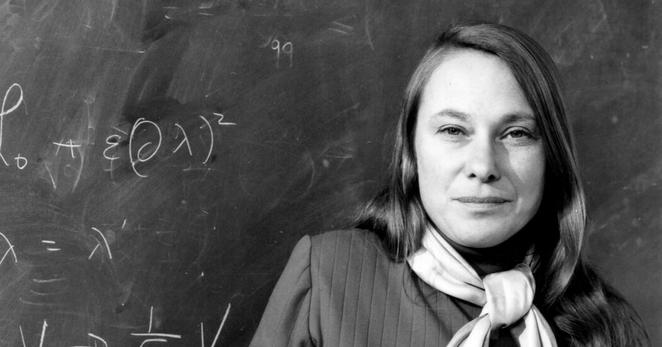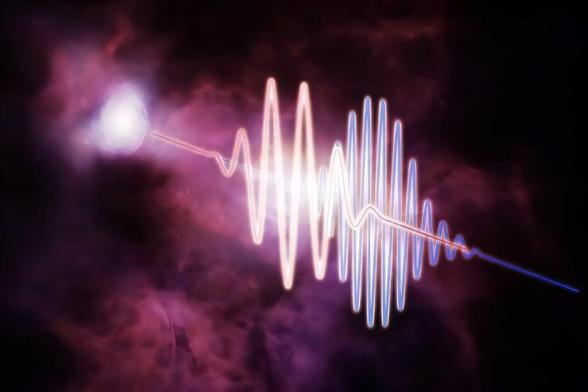Mary K Gaillard, Who Broke a Ceiling in Subatomic Research, Dies at 86
Overcoming discrimination in a mostly male preserve, she did groundbreaking work that showed experimentalist physicists where and how to look for new particles.
By Katrina Miller writing for The New York Times
https://www.nytimes.com/2025/07/31/science/mary-k-gaillard-dead.html?unlocked_article_code=1.ak8.vkXx.-4DeIpyE_uex&smid=url-share






